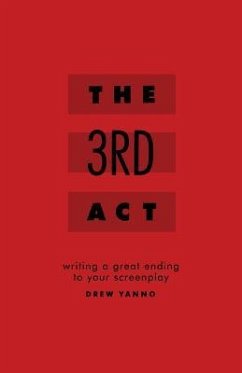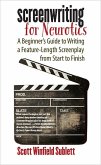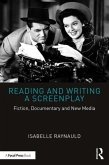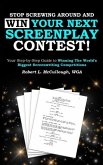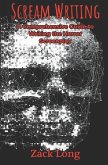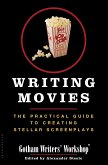A film's ending is crucial. It is the last thing an audience sees, and often the last thing it remembers, before leaving the theater. Indeed, it is no stretch to suggest that, more than any other part of the film, the ending determines whether the audience likes a film or not.By extension, the ending of a script is probably the last thing the reader will remember when they put it down An otherwise great script will likely be passed on if it does not end well.The Third Act is the first screenwriting instructional book to focus entirely on that most important part of a script - the ending. Like the three-act paradigm for the entire screenplay, The Third Act offers a unique structure for the writer to follow when writing the last act of their script. No other screenwriting book offers this simple structural approach to endings in a three-act story. Additionally, The Third Act provides suggestions as to which type of ending writers should consider for their particular story.The book features detailed examinations of the endings of many memorable films, including Rocky, Rain Man; Good Will Hunting, Saving Private Ryan, Casablanca, The Breakfast Club, Se7en, Lost in Translation, and Gladiator. A checklist is provided at the end of each chapter, giving the reader some suggestions to apply in their writing based on the structural element being explored in that chapter. A longer and more comprehensive list of suggestions appears in an appendix.
Hinweis: Dieser Artikel kann nur an eine deutsche Lieferadresse ausgeliefert werden.
Hinweis: Dieser Artikel kann nur an eine deutsche Lieferadresse ausgeliefert werden.

